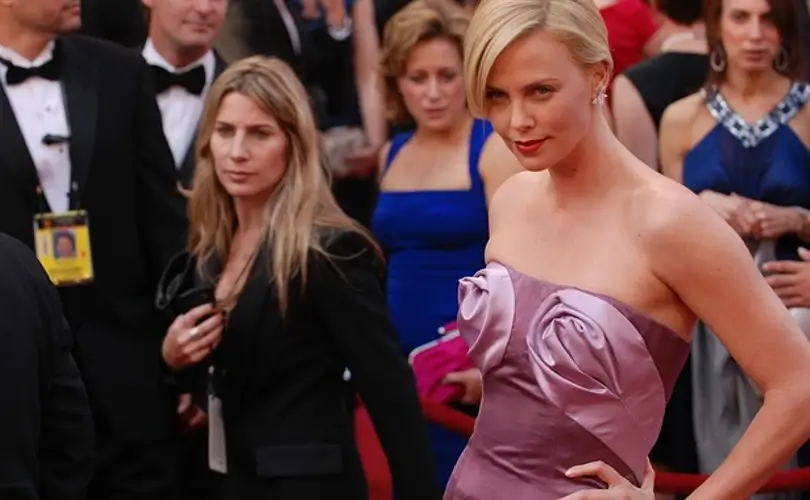Pop culture is a significant source of inspiration for numerous brands. Demna Gvasalia, a fashion designer, attributed his success to Ryan Gosling’s character in Drive. It is also common to see celebrities wearing clothing inspired by the films or songs in which they appeared. It’s also an effective method for brands to promote their products and raise awareness.
Previously, luxury brands avoided incorporating contemporary culture into their marketing campaigns but have begun to embrace it. Gucci’s “Culture of Cool” under artistic director Alessandro Michele is an excellent example. The brand has collaborated with KOLs and idols, reimagined logos through artification, and introduced holiday-themed capsule collections. Additionally, the brand has collaborated with music and video games to attract new customers and reach a younger demographic.
This transition has been driven by the emergence of China’s Generation Z, which is anticipated to become the most prominent luxury consumer demographic. They appreciate trendy apps, streetwear, and video games and genuinely believe that luxury is accessible. Global luxury brands must comprehend their worldview and culture to reach them. To remain pertinent, they must cultivate a “Culture of Cool” and incorporate diversity into their identity.
Society and Luxury Products
The flourishing secondary market for luxury products also reflects the cultural transition. Younger individuals are willing to spend excessive quantities of money on apparel and accessories, even though it may not make financial sense. It is a means of self-expression and demonstrating their individuality. In addition, the recent economic headwinds have kept them from purchasing luxuries.
In an increasingly global and interconnected society, luxury consumption has lost its exclusivity and become more accessible. It is now more important than ever to establish a recognizable and meaningful identity to communicate with the next generation of luxury consumers, as luxury products are no longer exclusive to the elite.
Consequently, the future of luxury appears promising despite increasing income inequality. Research indicates that wealth disparity increases luxury consumption. Accordingly, the luxury industry is more resistant to cyclical economic trends than ever and has experienced consistent growth.
Pop culture will continue to impact how we live and inspire designers as technology develops quickly. In addition, it is an indispensable instrument for marketers to target their key audiences. Therefore, luxury brands need to recognize the significance of contemporary culture in the modern era and use it as an opportunity to reach a wider audience. By doing so, they can maintain their relevance over time. By embracing contemporary culture and being aware of current trends, they can create an authentic and lasting connection with consumers. This will ensure the sustained success of their enterprises and maintain their dedication to their mission.

